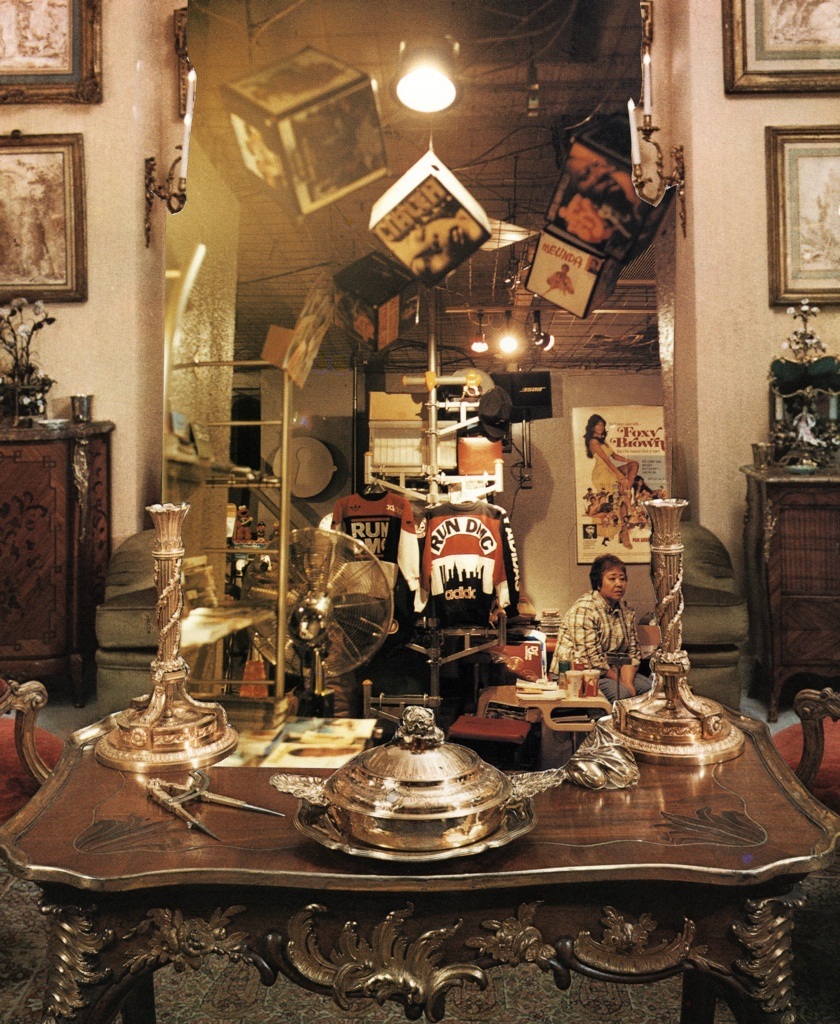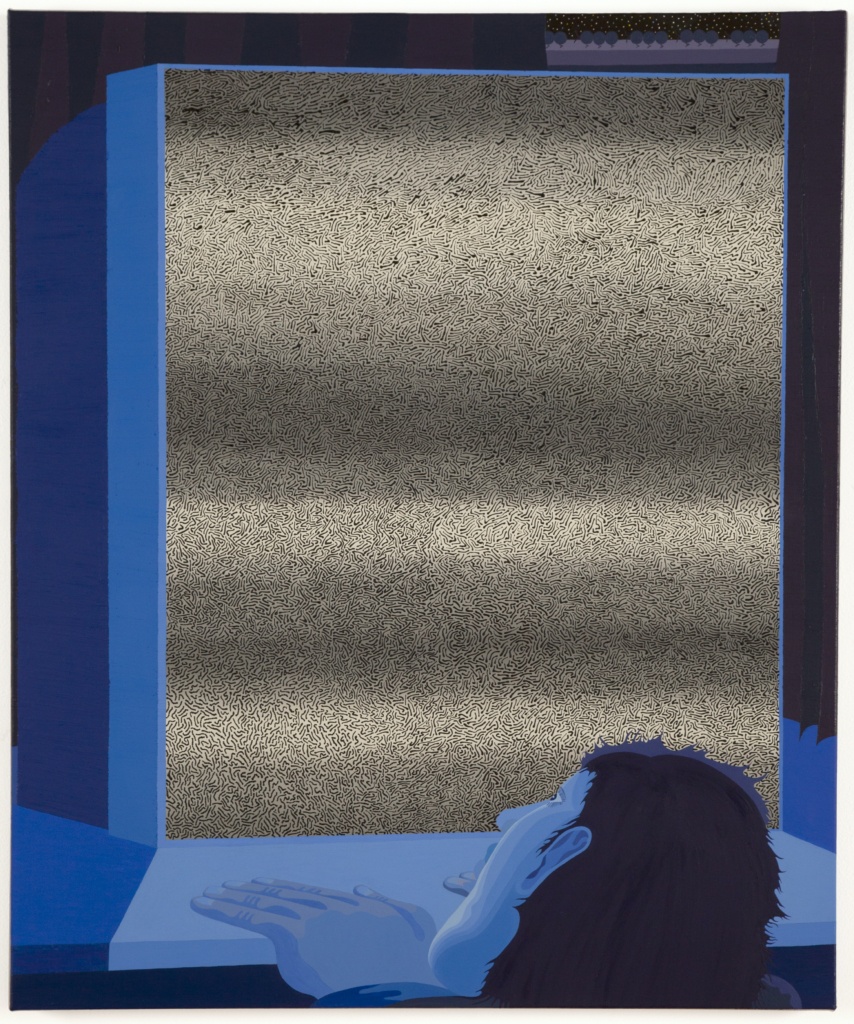Topics
Gig Economy
Precarity and platform work
Masters of the Userverse
A fantasy life of push-button convenience and technological coddling is just as much a “virtual world” as any metaverse. With the gig economy as their operating system, these “userverses” isolate consumers from each other and protect the exploitive system tech companies and venture capital have built.
Home Spun
Women’s home-based work is often invisible and undervalued. This has been the case for much of its history, and today it includes platform labor. Reconsidering more feminized, pink-collar forms of online work helps broaden the definition of “tech worker,” which is still often perceived in narrow, masculinist terms.
Map Quest
Older open world games, at their best, offered “cognitive maps” of contemporary capitalism. Today’s open worlds — even when they take inspiration from anti-capitalist literary genres like cyberpunk — are more like gig economy platforms, offering “freedom” in the form of being able to choose among an endless series of tedious tasks.
Ill at Ease
Many of the past decade’s most “disruptive” technologies, companies, and services tacitly promise a frictionless life. But the vision of effortlessness and ease for users comes at a human cost, requiring enormous global networks of extraction, logistics, manufacture, and transportation, along with sites of disposal, salvage, and waste.
Ambient Cruelty
The ability to ruin a stranger’s life is a feature, not a bug of consumer rating systems. By emphasizing the user’s “right” to express their dissatisfaction, platforms encourage users to be cruel without feeling cruel, while creating a slush fund of data to use against employees.
Potemkin AI
AI has become a label startups use to make their service seem innovative and disruptive, whether it uses machine learning or not. The inflated claims of what AI can achieve has fed an investment bubble and helped normalize the ways “smart” systems use intrusive surveillance.





